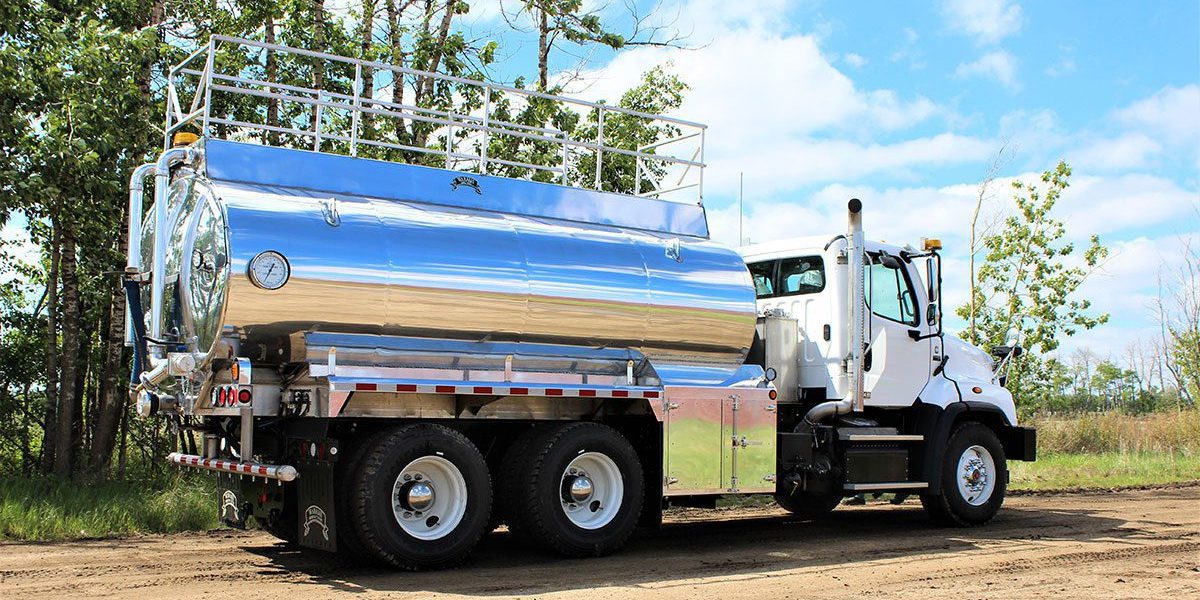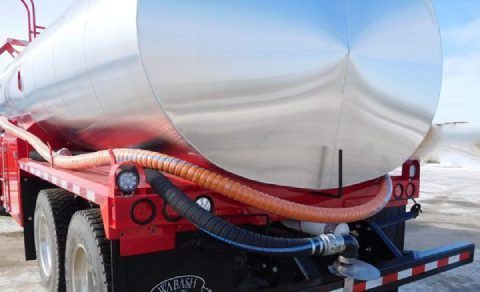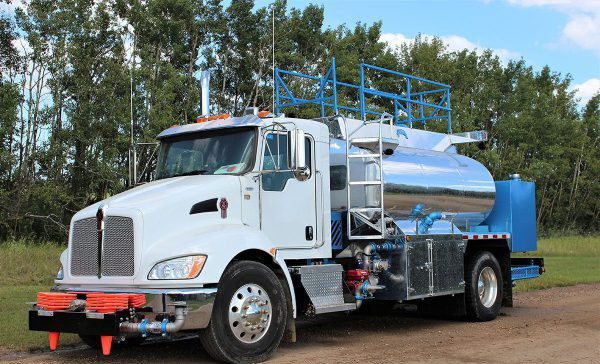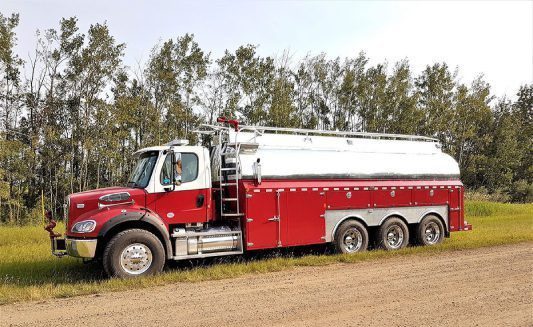
Water trucks are an essential part of operations for a variety of industries. It may seem simple enough to operate one, but there are several safety concerns and hazards that operators must be aware of before turning them on. To avoid potential accidents and injuries, you should educate yourself on these potential hazards.
What are the safety hazards associated with water trucks?
Here are several risks that an operator should look out for:
Overloading
Water trucks can only hold up to a certain quantity of water before loading recommendations are exceeded. Overloading water tankers can result in accidents as operators may lose control of their vehicle thus resulting in mechanical failures and wear and tear. This can also lead to more downtime as these trucks must undergo more frequent repairs and maintenance. It is very important for operators to ensure proper fluid level before operating a water truck.
Tripping injuries
A water truck has many parts, including hoses and nozzles. While loading and unloading these various parts of a water truck, tripping over equipment could be possible. By following correct safety regulations when handling equipment we can reduce the likelihood of trips and slips.
Fall injuries
Workers may need to climb onto the water tank for several reasons such as loading and unloading. To decrease the risk of slipping and falling, proper water truck safety proceduresmust be followed. The use of safety equipment such as handrails on the side of the tank can also help to reduce injuries.
Mud and puddles
Dust suppression is one of the uses of water trucks, as they get the job done quickly and efficiently. Spraying water for dust suppression can inadvertently result in mud and puddles. Since the consistency of mud can be slippery, this could lead to slipping hazards. With this said, operators should be trained on how to properly adjust and use spray nozzles.
Road conditions
There are several road conditions that could lead to potentially risky situations. Sudden weather changes can cause roads to be potentially hazardous for heavy-duty vehicles. It is best practice to keep an eye out on weather conditions before heading out on a haul. Truck drivers should avoid debris when driving as well as roads that are old and damaged. Drivers should practice caution and be trained to navigate such roads should they encounter them.
Water Truck Safety Tips
For potential hazards to be mitigated it is important that operators have good situational awareness. Here are some tips to help improve situational awareness:
- Spotters must be trained to help whenever the truck needs to be backed up. This remains important regardless of new vehicle technology such as cameras, sensors and alarms.
- Water truck operators should use caution when spraying the ground. By doing so, this reduces oversaturation that could lead to falls and injuries. Individual sprays and programming of output intervals can also assist in reducing oversaturation.
- Drivers must be aware of potential road conditions ahead of time. It is vital that drivers adjust their driving techniques accordingly. This goes for roads both on and off-site.
- Plan your route ahead of time and avoid any roads, bridges and crossings with a weight limit lower than the weight of your truck.
- Carefully adjust the speed of the water truck when accelerating and decelerating to reduce water surges and maintain the truck’s stability and centre of gravity.
- Always warm up your truck before use to ensure that there is sufficient air pressure for the brakes to work properly.
The best way to ensure safety is ultimately to have your truck inspected before using it. At Wabash Mfg. Inc. we specialize in a range of inspections to ensure that your operations do not fall victim to unexpected accidents and hazards. Contact us today to book your inspection.



